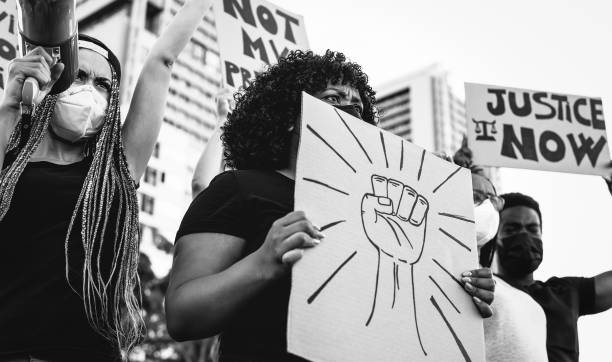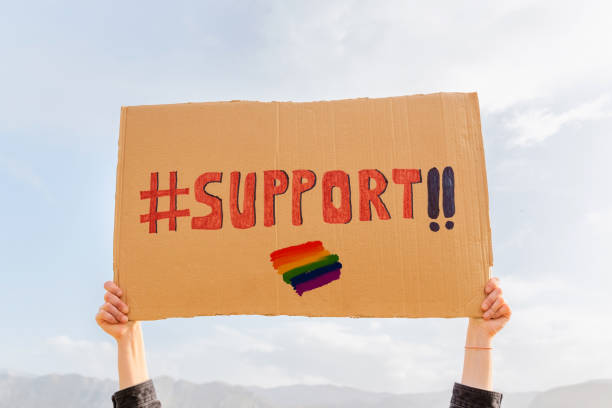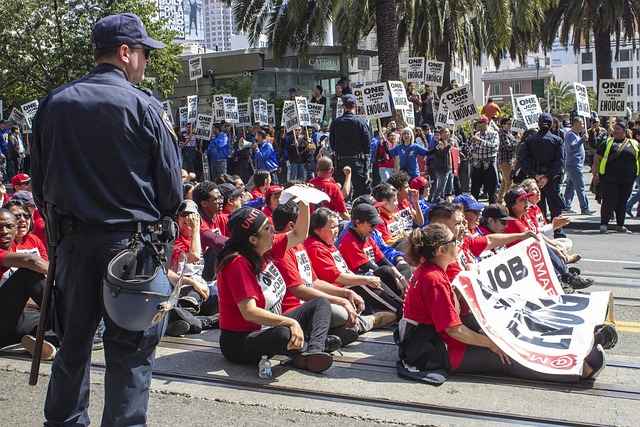Social movements have been pivotal in shaping societies and advancing human rights throughout history. These collective efforts, driven by groups of individuals advocating for change, address a range of issues from civil rights and gender equality to environmental sustainability and labor rights. This article explores some of the most influential social movements, their objectives, and their lasting impact on the world.

The Civil Rights Movement: Fighting for Equality
The Civil Rights Movement in the United States, spanning the 1950s and 1960s, was a pivotal social movement aimed at ending racial segregation and discrimination against African Americans. Spearheaded by leaders such as Martin Luther King Jr., Rosa Parks, and Malcolm X, the movement sought to dismantle the institutional racism that pervaded American society.
Key events such as the Montgomery Bus Boycott (1955), the March on Washington (1963), and the passage of the Civil Rights Act (1964) were significant milestones in this struggle. The movement’s use of nonviolent protest, legal challenges, and grassroots organizing played a crucial role in achieving legislative and social changes, including desegregation and voting rights for African Americans.
The Civil Rights Movement not only transformed American society but also inspired other global struggles for racial justice and equality. Its legacy continues to influence contemporary movements advocating for racial and social justice.
The Women’s Suffrage Movement: Empowering Women’s Voices
The Women’s Suffrage Movement, which gained momentum in the late 19th and early 20th centuries, fought for women’s right to vote and participate fully in political life. Leaders such as Susan B. Anthony, Elizabeth Cady Stanton, and Emmeline Pankhurst were instrumental in advocating for women’s suffrage across the globe.
In the United States, the suffrage movement culminated in the ratification of the 19th Amendment in 1920, granting women the right to vote. Similarly, in the United Kingdom, women achieved partial suffrage in 1918 and full suffrage in 1928. The movement was characterized by a combination of peaceful demonstrations, civil disobedience, and strategic lobbying.
The Women’s Suffrage Movement was a foundational step in the broader struggle for gender equality. Its successes laid the groundwork for subsequent feminist movements and reforms aimed at addressing gender-based discrimination and advancing women’s rights in various spheres of life.

The LGBTQ+ Rights Movement: Advocating for Acceptance
The LGBTQ+ Rights Movement has been a significant force in advocating for the rights and acceptance of lesbian, gay, bisexual, transgender, and queer individuals. The modern movement began gaining traction in the mid-20th century, with key events such as the Stonewall Riots of 1969 marking a turning point in the fight for LGBTQ+ rights.
The Stonewall Riots, sparked by a police raid on the Stonewall Inn, a gay bar in New York City, became a catalyst for the gay rights movement and the establishment of LGBTQ+ advocacy organizations. The subsequent years saw the formation of groups like the Human Rights Campaign and GLAAD, which worked to advance legal protections, societal acceptance, and equality.
Significant achievements of the LGBTQ+ Rights Movement include the decriminalization of homosexuality, the legalization of same-sex marriage, and increased visibility and representation in media and politics. The movement continues to address issues such as transgender rights, discrimination, and healthcare access, striving for full equality and inclusion.
The Environmental Movement: Protecting the Planet
The Environmental Movement emerged in the 20th century as a response to growing concerns about environmental degradation, pollution, and climate change. Influential events such as the publication of Rachel Carson’s Silent Spring in 1962, which highlighted the dangers of pesticide use, played a crucial role in raising environmental awareness.
Key milestones in the movement include the first Earth Day celebration in 1970, which mobilized millions of people to advocate for environmental protection, and the establishment of regulatory frameworks such as the Environmental Protection Agency (EPA) in the United States. The movement has also seen global initiatives such as the Paris Agreement, aimed at combating climate change through international cooperation.
The Environmental Movement has achieved significant successes in promoting conservation, sustainable practices, and climate action. However, challenges remain, including addressing the impacts of industrialization, deforestation, and climate change. The movement continues to advocate for policies and practices that protect natural resources and promote environmental sustainability.

The Labor Movement: Advancing Workers’ Rights
The Labor Movement, which gained momentum in the late 19th and early 20th centuries, sought to improve working conditions, wages, and labor rights for workers. Influenced by the rise of industrialization and the exploitation of workers, labor unions and organizations fought for fair treatment and better working conditions.
Significant achievements of the Labor Movement include the establishment of the eight-hour workday, workplace safety regulations, and the right to unionize. Events such as the Haymarket Riot of 1886 and the Pullman Strike of 1894 highlighted the struggles faced by workers and the need for labor reforms.
The Labor Movement’s impact extends beyond immediate labor conditions; it has also shaped labor laws and social policies that support workers’ rights and welfare. The movement continues to advocate for fair wages, workplace safety, and workers’ rights in the face of changing economic conditions and labor practices.
Conclusion
Social movements have been instrumental in advancing human rights, equality, and justice throughout history. From the Civil Rights Movement and the Women’s Suffrage Movement to the LGBTQ+ Rights Movement, the Environmental Movement, and the Labor Movement, these collective efforts have reshaped societies and improved the lives of countless individuals. The legacy of these movements serves as a powerful reminder of the capacity for organized action to effect meaningful change and address pressing social issues.

